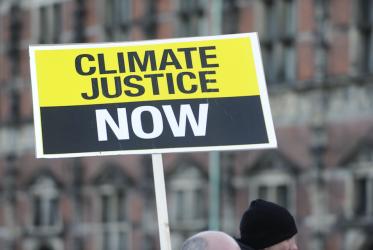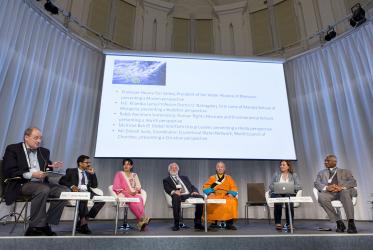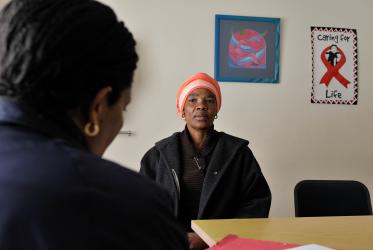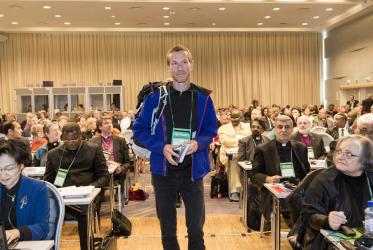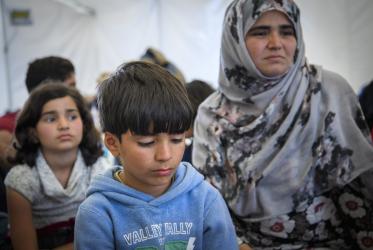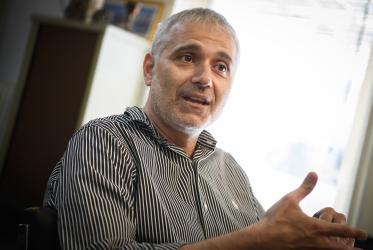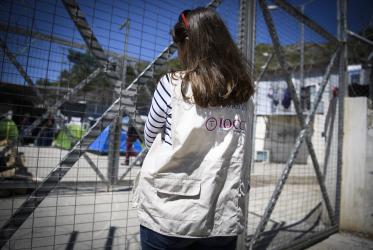Displaying 81 - 100 of 130
G7 must address famine
22 May 2017
WCC participates in UN panel discussion on climate ethics
15 February 2017
World Council of Churches joins Blue Communities Project
19 October 2016
Bossey alums praise its 70 years of ecumenical formation
13 October 2016
Local work by faith-based groups key to ending AIDS
27 June 2016



